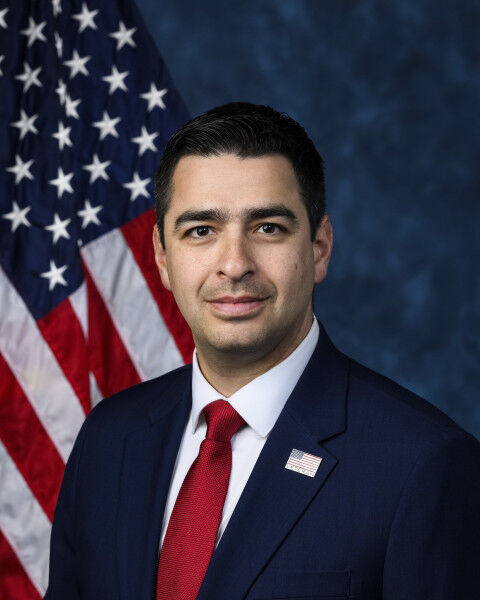VIDEO: Law enforcement will be asked to prove innocence online on asset forfeiture
State lawmakers are ready to crack down on something that might not be a problem at all in Colorado – that law enforcement might be taking more than they’re entitled to when criminals forfeit property.
“I think it’s more about transparency … than anything else, making sure we focus on everything being reported, so we can actually see the activity, if people are actually losing their property,” said Sen. Tim Neville, one of the sponsors of Senate Bill 136. “It has nothing to do with stopping seizures. We believe if someone is involved in a criminal activity, and that property comes from that criminal activity, this bill does not get in the way of the officers or the police or whoever doing their job.”
Basically, the bill requires better paperwork the public can inspect.
The message, however, is that law enforcement in Colorado is hiding something, and that’s not a message that’s accurate, said Commander Thor Eells of the Colorado Springs Police Department.
“We don’t believe it serves any useful purpose as it exists today,” he said of the bill.
Colorado agencies already are transparent about what they take from criminals, he said.
“It’s been disappointing that the legislators who drafted this bill never reached out to us to seek our input into what we currently do today with regard to transparency,” Eells said. “Much of the information regarding assets is already available. We currently report that to the Department of Local Affairs, and the methodology they’re suggesting would really be a detriment to what we currently do.”
The bill would require each governmental agency that acquires property under forfeiture laws to keep up-to-date information posted on the Colorado Department of Public Safety website that identifies what law enforcement took and how much was kept by the government.
The bill is co-sponsored by Sen. Daniel Kagan, D-Cherry Hills Village, and in the House by Leslie Herod, D-Denver, and Steve Humphrey, R-Severance.
“The issue is around the broad allowances that we give law enforcement to seize and then forfeit property, so what brought this on is we don’t actually know how many folks are actually being convicted or if any kind of criminal investigation is going on around that person and their property,” Herod told Charles Ashby of the Grand Junction Daily Sentinel. “We don’t know that folks who are guilty of a crime are not coming back and getting their property. What we do know is that law enforcement is keeping the property and then utilizing that for their own (departmental) funds.”











